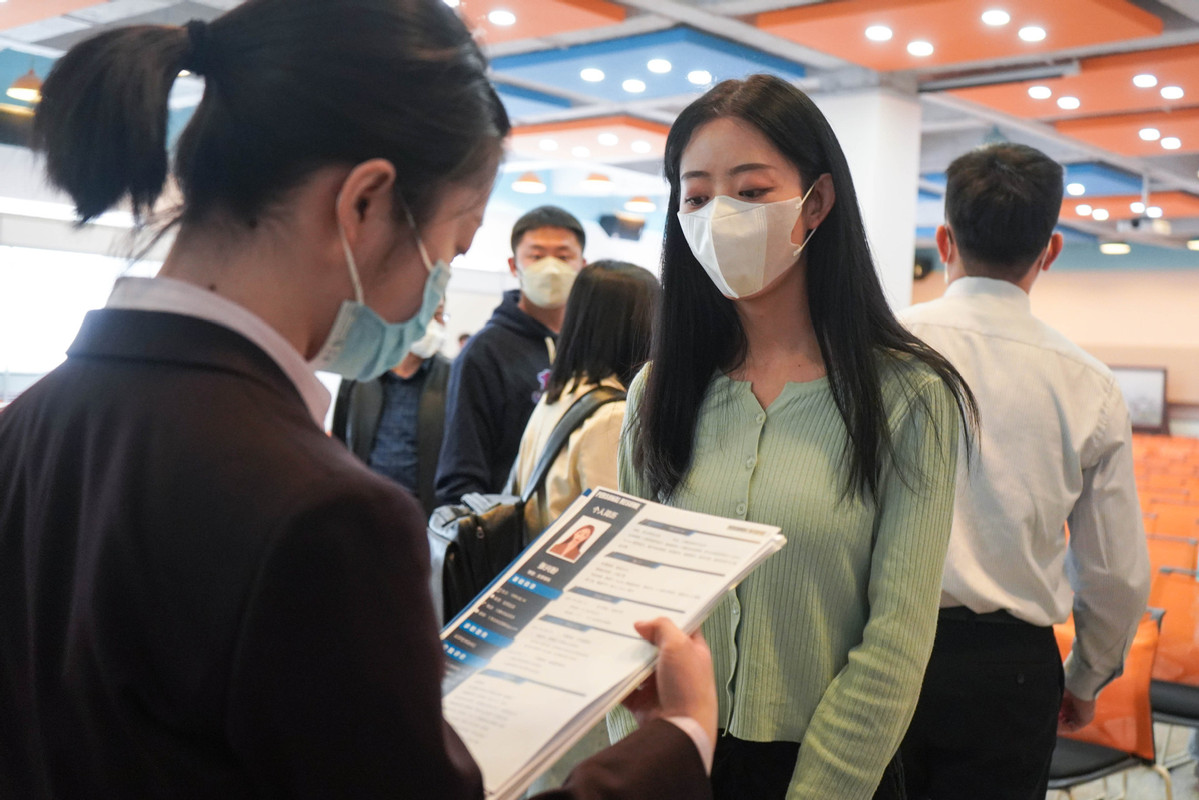Authorities must give priority to policies helping create jobs


China is facing mounting downward economic pressure and increased employment challenges since March this year because of the COVID-19 pandemic and the Russia-Ukraine conflict.
According to National Bureau of Statistics data, the surveyed urban unemployment rate rose to 6.1 percent in April, and that among young people aged 16 to 24 was as high as 18.2 percent.
With supply chains blocked, it is difficult for some manufacturing subsectors to operate at full capacity. It has also weakened the ability of services such as catering, accommodation, housekeeping, tourism and passenger transport to create jobs.
Real estate, education, training and internet-based industries have entered a new stage of development, with some large companies laying off people. The number of college graduates reached a record high of 10.76 million this year, which, together with former graduates who are yet to find jobs, will add to young people's employment pressure.
During this period of fluctuating growth rate, structural transformation and the impact of the pandemic, it is important for China's economy to balance macro policy targets. Amid intensified employment contradictions in the labor market, the authorities should prioritize employment and increase its weight in multiple macro policy targets.
The country should introduce policy tools with a strong job-creation capacity. Considering that micro, small and medium-sized enterprises, services and the consumption sector have a greater job-creation capacity than large enterprises, industry and investment, the employment-oriented macro policies should give greater structural support to MSMEs, the service sector and consumption. Measures such as cutting taxes and fees, postponing loan terms, and providing interest or rent subsidies could enhance the motivation and ability of market players to maintain stable employment and support them to avoid and reduce job cuts.
Fiscal and monetary policy tools, such as tax rebates and reductions, deferment of social insurance premiums, and reduction of financing costs, should be actively used to create conditions for market players to stabilize jobs and employment. On the other hand, policies that can help job seekers who have difficulty finding jobs tide over the difficulties should be introduced.
For the groups most affected by the epidemic, the repayment term of their home mortgage can be appropriately postponed, and for fresh college graduates, the repayment period of student loans should be extended, and financial support provided to help them find jobs as soon as possible.


































